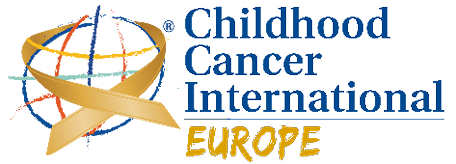.
Psychosocial Care in Paediatric Oncology in Europe: Outcomes of survey among childhood cancer organisations
Youth with cancer and their family members should routinely receive systematic assessments of their psychosocial health care needs and have access to it throughout the cancer trajectory as needed.
As a Europe-wide umbrella organisation, CCI Europe observed over the past decade that there is still a great lack of adequate psychosocial care in numerous European countries in the field of childhood cancer: While children, adolescents and young adults with cancer require comprehensive psychosocial care, the provision thereof seems to vary significantly not only across European countries, but also within countries.
CCI Europe member organisations across Europe as well as psychosocial health professionals in the field of paediatric oncology have discussed and exchanged about gaps in public funding of psychosocial care in paediatric oncology, and experience great challenges in advocating on their regional and national levels for implementation (and the necessary funding) of comprehensive psychosocial care in paediatric oncology treatment centres.
Despite the fact that there are psychosocial care guidelines and standards available, up to date no such standards have been widely adopted and implemented in paediatric cancer care in Europe.
Therefore, CCI Europe has over the past decade worked towards inclusion of quality of life and psychosocial care related topics on the European level within numerous projects, initiatives and campaigns. However, for such project outcomes to be impactful on the national, regional and local levels, the respective health care systems need to have appropriate frameworks in place to allow systematic implementation of psychosocial care aspects.
In order to support future advocacy efforts to improve access to psychosocial care and improve psychosocial care provision in paediatric oncology across Europe, CCI Europe’s Psychosocial Care Pillar conducted a Europe-wide survey among CCI Europe member organisations to assess the status quo of psychosocial care provision.
This survey was part of the activities carried out under the EU-funded programme EU4H-2022-OG-SGA.


 Views and opinions expressed are however those of the author(s) only and do not necessarily reflect those of the European Union or the European Health and Digital Executive Agency (HaDEA). Neither the European Union nor the granting authority can be held responsible for them.
Views and opinions expressed are however those of the author(s) only and do not necessarily reflect those of the European Union or the European Health and Digital Executive Agency (HaDEA). Neither the European Union nor the granting authority can be held responsible for them.